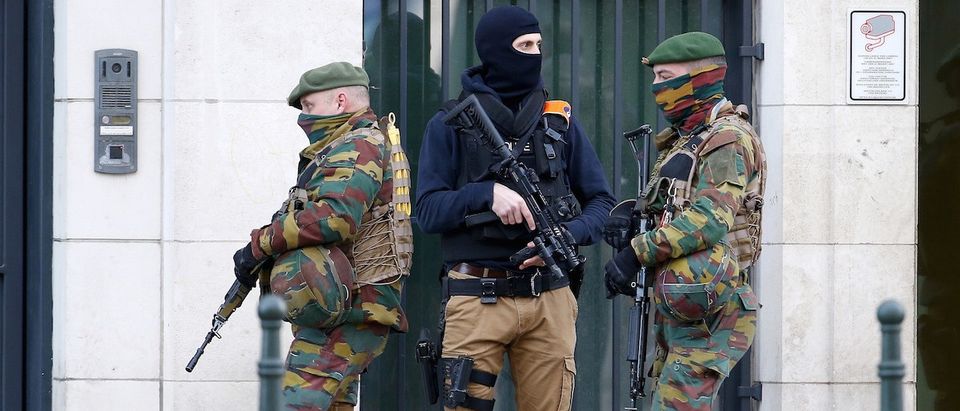Interpol Secretary General Jürgen Stock told police officials from 151 countries gathered in France they must advance a bigger and better global information sharing network if they’re to successfully fight terror.
Police at the local level must be able to access information shared by local and national police forces across the world, he said. And law enforcement agencies need to start sharing more of that information, so that a global information network can be “uncompromisingly and fully exploited” by local and national police.
“To be fit for purpose, our response must also be global,” Stock told the conference. “A strictly local or regional approach — including on the threat of foreign terrorist fighters — presents security gaps we simply cannot afford.”
Police delegates from Brussels, France, Nigeria and Tunisia shared their experience dealing with recent terror attacks at the conference, which Interpol said highlighted the need for a more advanced global information network that local police can draw on to fight terror.
“Vital information … needs to be shared on a regular and sustained basis between all involved agencies and countries if we are to provide an effective law enforcement response to today’s complex global threats,” Stock added in his remarks.
A lack of intelligence cooperation between various European countries allowed the Paris and Brussels attackers to travel freely between countries and across continents and carry out the horrific acts of terror, European officials says. Many of the attackers were known to authorities well before they struck.
Europe has vowed to improve information sharing between agencies, and police delegates at the Interpol conference agreed to a number of conclusions aimed at strengthening intelligence cooperation. But such a vast network available to police in hundreds of countries requires a lot of trust.
Interpol has a “red notice” database, for example, that is supposed to alert international police bodies about fugitives of the law, but which authoritarian governments are using to control and punish dissidents and journalists. Digital technology seems to have exacerbated the problem, as countries can more easily submit names into the Interpol system. The number of “red notices” more than doubled from 2009 to 2014, along with a spike in complaints of abuses of the system.
Representatives from each Interpol member’s National Central Bureau, which links Interpol to the national police force — about 260 officials — attended the conference in Lyon.
All content created by the Daily Caller News Foundation, an independent and nonpartisan newswire service, is available without charge to any legitimate news publisher that can provide a large audience. All republished articles must include our logo, our reporter’s byline and their DCNF affiliation. For any questions about our guidelines or partnering with us, please contact licensing@dailycallernewsfoundation.org.


